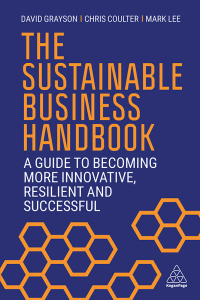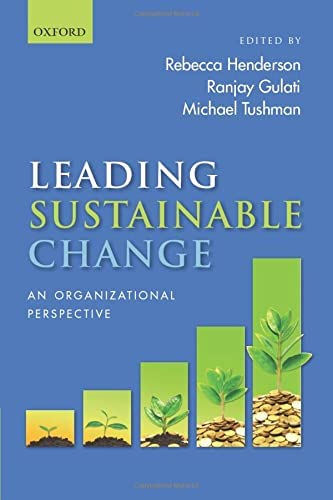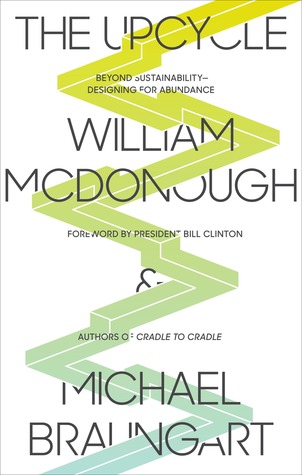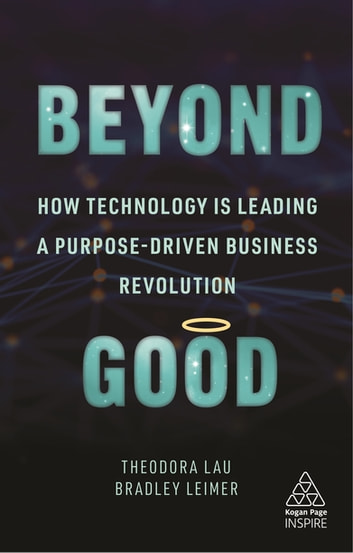
A How to guide with practical advice and case studies that can help companies turn their sustainability aspirations into action. The book provides tips on how to align these goals to match the strategy, organisation and culture of the business so that they are more successful, profitable and resilient in the long term.
With a focus on tools and real-life stories of strategies that work and don't work, this book provides a roadmap to help managers integrate sustainability into their businesses, with the hope of reducing carbon footprints and creating a net zero economy by 2050.

For today's businesses, the path to being socially responsible is not easy but it is a priority. The most successful organisations will be those who add the most value in this way. The nature of power has changed and those who are influential are not those who try to keep control but those who share the most. The example of organisations such as Patagonia and Unilever show that it is better to focus on purpose rather than profit in a sustainable environment.
The following chapters are included in the book: Making the Business Case for Environmental Sustainability, From Periphery to Core: A Process Model for Embracing Sustainability and Staying the Same While Changing: Organizational Identity in the face of Environmental Challenges.

In this book, authors Michael Braungart and Martin McDonough go beyond the idea of simply reuse and recycle resources but instead investigate how to improve product design to address resource scarcity and sustainability. They envision beneficial designs of products, buildings and business practices to create a greener planet. Going further, they explain how items such as chairs, cars and even factories are being reimagined not just to sustain life but to grow it. The authors' suggest that instead of protecting the planet from human impact, activity can instead be redesigned to improve the environment and thus create a beneficial, sustainable footprint.

This book, written by Theodora Lau and Bradley Leimar from the Fintech industry, outlines a roadmap for the central challenges facing civil society at the intersection of technology, ethics and economic inequality. They address the question of how technology can build equitable and sustainable economic prosperity. Topics such as financial inclusion, gender equality, empathetic leadership and inclusive entrepreneurship are covered. With detailed research and insights, the book outlines a wide spectrum of socially conscious strategies for business leaders.
